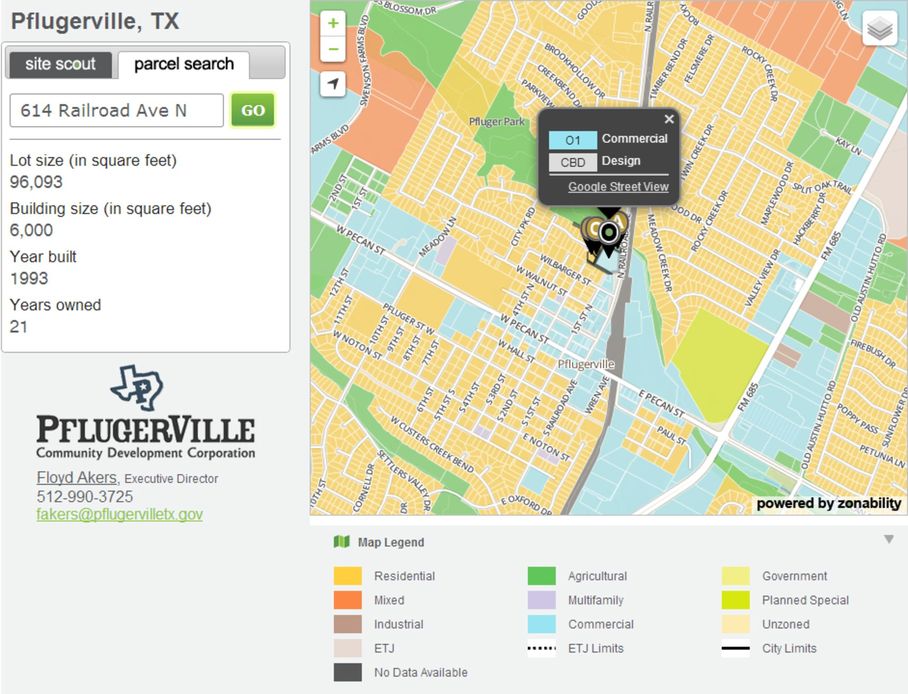Government Grants
Business Grants
Home Owner Programs
Federal Programs
About Us
Electronics, Photonics and Magnetic Devices
The Electronics, Photonics, and Magnetic Devices (EPMD) Program seeks to improve the fundamental understanding of devices and components based on the principles of micro- and nano-electronics, optics and photonics, optoelectronics, magnetics, electromechanics, electromagnetics, and related physical phenomena.
The
Electronics & Magnetic Devices component of EPMD enables discovery and innovation advancing the frontiers of nanoelectronics, spin electronics, molecular and organic electronics, bioelectronics, biomagnetics, non-silicon electronics, and flexible electronics.
It also addresses advances in energy-efficient electronics, sensors, low-noise, power electronics, and mixed signal devices.
The Optic & Photonic Devicescomponent of EPMD supports research and engineering efforts leading to significant advances in novel optical sources and photodetectors, optical communication devices, photonic integrated circuits, single-photon quantum devices, and nanophotonics.
It also addresses novel optical imaging and sensing applications and solar cell photovoltaics.
EPMD further supports topics in quantum devices and novel electromagnetic materials-based device solutions from DC to high-frequency, millimeter-wave and THz, monolithic integrated circuits built with them, and electromagnetic effects, components needed for communications, telemedicine, and other wireless applications.
Wide bandgap semiconductor devices, device design, processing and characterization, as well as metamaterial and plasmonic based devices are of interest.
Novel electronic, photonic and magnetic devices with organic, inorganic or hybrid materials on conformable or transparent substrates are also of interest, as are carbon-based and emerging 2D atomic-layered materials for electronic, photonic, magnetic, energy harvesting and other related device application areas.
Interest also extends to novel ideas for next generation memory devices.
The program supports cooperative efforts with the semiconductor industry on new nanoelectronics concepts beyond the scaling limits of silicon technology.
EPMD additionally emphasizes emerging areas of diagnostic, wearable and implantable devices, and supports manipulation and real-time measurement with nanoscale precision through new approaches to imaging and metrology.
Proposals for the EPMD program may involve collaborative research to capture the breadth of expertise needed for such multidisciplinary integrative activities.
ECCS will consider supporting a limited number of small team proposals of three or more investigators from different disciplines and/or universities.
Areas of interest include:
Usha Varshney
The
Electronics & Magnetic Devices component of EPMD enables discovery and innovation advancing the frontiers of nanoelectronics, spin electronics, molecular and organic electronics, bioelectronics, biomagnetics, non-silicon electronics, and flexible electronics.
It also addresses advances in energy-efficient electronics, sensors, low-noise, power electronics, and mixed signal devices.
The Optic & Photonic Devicescomponent of EPMD supports research and engineering efforts leading to significant advances in novel optical sources and photodetectors, optical communication devices, photonic integrated circuits, single-photon quantum devices, and nanophotonics.
It also addresses novel optical imaging and sensing applications and solar cell photovoltaics.
EPMD further supports topics in quantum devices and novel electromagnetic materials-based device solutions from DC to high-frequency, millimeter-wave and THz, monolithic integrated circuits built with them, and electromagnetic effects, components needed for communications, telemedicine, and other wireless applications.
Wide bandgap semiconductor devices, device design, processing and characterization, as well as metamaterial and plasmonic based devices are of interest.
Novel electronic, photonic and magnetic devices with organic, inorganic or hybrid materials on conformable or transparent substrates are also of interest, as are carbon-based and emerging 2D atomic-layered materials for electronic, photonic, magnetic, energy harvesting and other related device application areas.
Interest also extends to novel ideas for next generation memory devices.
The program supports cooperative efforts with the semiconductor industry on new nanoelectronics concepts beyond the scaling limits of silicon technology.
EPMD additionally emphasizes emerging areas of diagnostic, wearable and implantable devices, and supports manipulation and real-time measurement with nanoscale precision through new approaches to imaging and metrology.
Proposals for the EPMD program may involve collaborative research to capture the breadth of expertise needed for such multidisciplinary integrative activities.
ECCS will consider supporting a limited number of small team proposals of three or more investigators from different disciplines and/or universities.
Areas of interest include:
Usha Varshney
- Bioelectronic and Biomagnetic Devices
- Magnetics, Spin Electronics and Quantum Devices
- Sensor Device Technologies
- Next Generation Memories
- Microwave/mm-Wave/THz Devices & Components, Electromagnetic Effects and Components based on them
- Nanoelectronics & Next Generation Devices, Semiconductor Material - Device Interaction and Reliability
- Wide-bandgap Semiconductors and Devices, Circuits, Device/Circuit Simulation & Modeling
- Electromagnetic Propagationand Scattering
- Metamaterial and Plasmonic-Based Devices & Components
- Flexible, Printed and Organic Electronics & Photonics
- Carbon-based Electronics
- Beyond Graphene 2D Materials and Devices
- Nano-electronics and Energy-Efficient Electronics
- Solar Cells & Photovoltaic Components
- Nanophotonics, Metamaterials & Plasmonics
- Advanced Optical Sources & Photo-detectors
- Nonlinear & Ultrafast Photonics
- Photonics Integrated Circuits
- Optical Communication Components
- Single-photon and Quantum Devices
- Optical Imaging & Sensing
Who's Eligible
Obtain Full Opportunity Text:
NSF Program Desccription PD-16-1517
Additional Information of Eligibility:
Not Available
Full Opportunity Web Address:
http://www.nsf.gov/funding/pgm_summ.jsp?pims_id=505250
Contact:
NSF grants.gov supportgrantsgovsupport@nsf.gov
Agency Email Description:
If you have any problems linking to this funding announcement, please contact
Agency Email:
grantsgovsupport@nsf.gov
Date Posted:
2016-04-25
Application Due Date:
2016-11-01
Archive Date:
2025-12-03
Social Entrepreneurship
Spotlight
Why People Buy from Social Enterprises?

The Guardian has compiled a list of responses to its latest open thread, and has announced the winner of the social enterprise gift hamper packed with presents.

